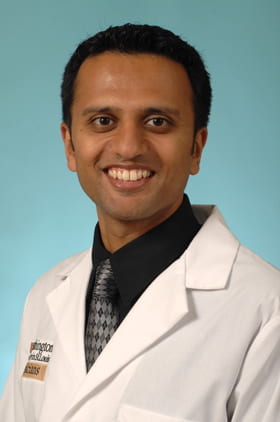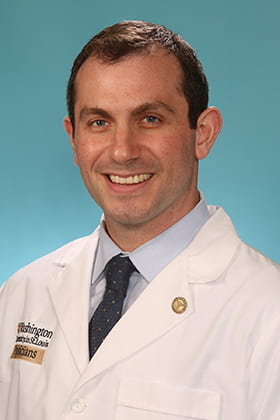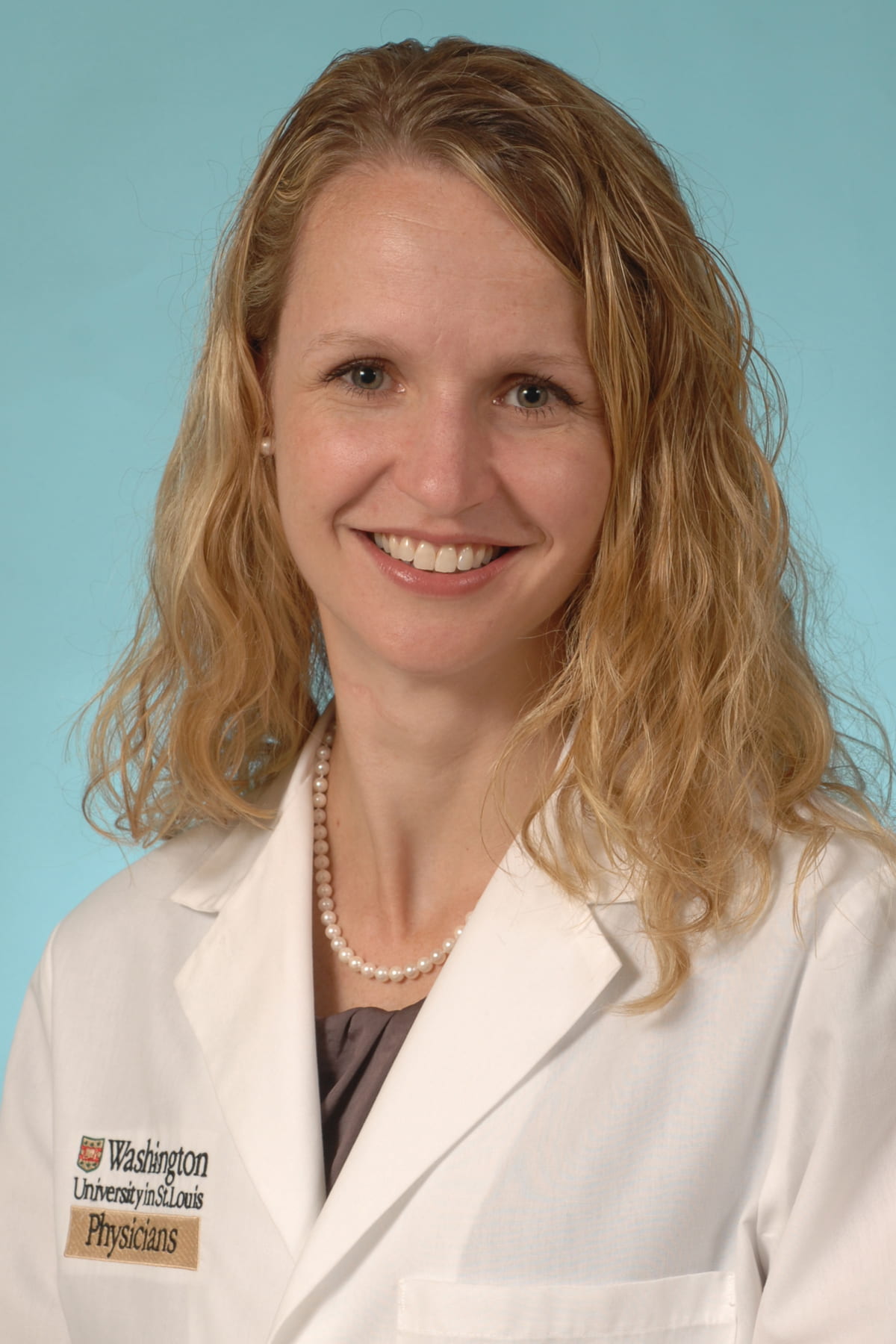There are more than 100 known causes of congenital and acquired facial paralysis and deformities in children. Pediatric plastic surgery is used to treat these conditions, including facial differences, loss of muscle function, nerve conditions, vascular disorders and other conditions that require reconstructive intervention. Our team of surgeons has the training and expertise to offer a range of treatment options for these unique situations.
Why Choose Us?
Our pediatric experts are prepared to meet the reconstructive needs of your child. We offer treatment that is comprehensive and effective by working closely with specialists in vascular surgery and pediatric trauma surgery to ensure your child receives the best care possible.
Conditions We Treat
- Partial facial paralysis
- Full facial paralysis
- Cleft lip and palate
- Ear malformations
- Nose malformations
- Other congenital and acquired deformities
- Stenosis of blood vessels
- Arteriovenous fistula
- Aneurysms not located in the brain
- Coarctations
- Differences in blood vessels from birth
- Injury to blood vessels
- Thrombus or embolus
- Traumatic limb amputation
- Renal artery stenosis
- Renovascular hypertension
- Pseudoaneurysm after infection
- Tumors involving blood vessels
Request an Appointment
Schedule by phone
New and existing patients, call:
314-362-7388
For a pediatric plastic surgeon, call:
1-800-283-5848
Patient Care
What to expect
We understand the particular difficulty of having a child in need of surgical intervention. Our specialists will approach your situation with compassion. We will work to understand your needs—and those of your child—and offer treatment options that represent the most advanced technology, while keeping in mind the emotional and physical difficulties that come with hospitalization and surgery.
Preparing for your visit
Before your first meeting with one of our specialists, we encourage you to spend some time thinking about the goals you want treatment to achieve for your child. Make a list of questions you have and concerns about treatment you’d like to discuss, and bring them with you. Your specialist will have lots of questions for you, too, so come prepared to talk about your child’s health history and current condition. In some situations, it can be helpful to invite a trusted family member or friend to accompany you to your appointment as they may have a perspective that is relevant and valuable—and may be helpful to you in discussions after your appointment as you consider treatment options.
Washington University’s pediatric patient appointments and plastic surgery procedures are performed at the St. Louis Children’s Hospital.
Patient Resources
To learn more about our pediatric plastic surgery team, visit:
Our Physicians

Kamlesh B. Patel, MD
Associate Professor of Surgery
- Director of Craniofacial Surgery at St. Louis Children’s Hospital
- Medical Director of St. Louis Children’s Hospital Operating Rooms
- Co-Director of 3D Printing Center at St. Louis Children’s Hospital

Mitchell A. Pet, MD
Associate Director, Hand, Nerve & Microsurgery Fellowship Program
Assistant Professor of Surgery

Alison Snyder-Warwick , MD
Associate Director, Plastic Surgery Residency Program
- Assistant Professor of Surgery
- Director of the Facial Nerve Institute Co-Director of the Cleft Palate and Craniofacial Institute at St. Louis Children’s Hospital
- Continuing Medical Education Chair